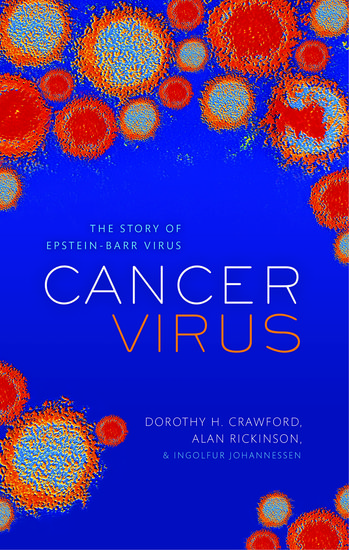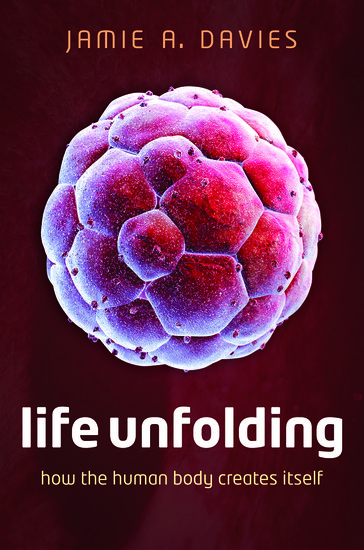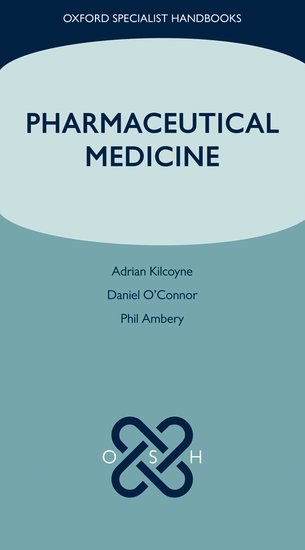The ADHD explosion: How much do you know about the disorder?
The push for performance has never been higher. Students today are faced with a grueling course load, extra-curriculars, and standardized tests. In the wake of this competitive atmosphere, the United States has seen a spike in both ADHD diagnoses and increased demand for prescription medicine. But who’s to blame?











